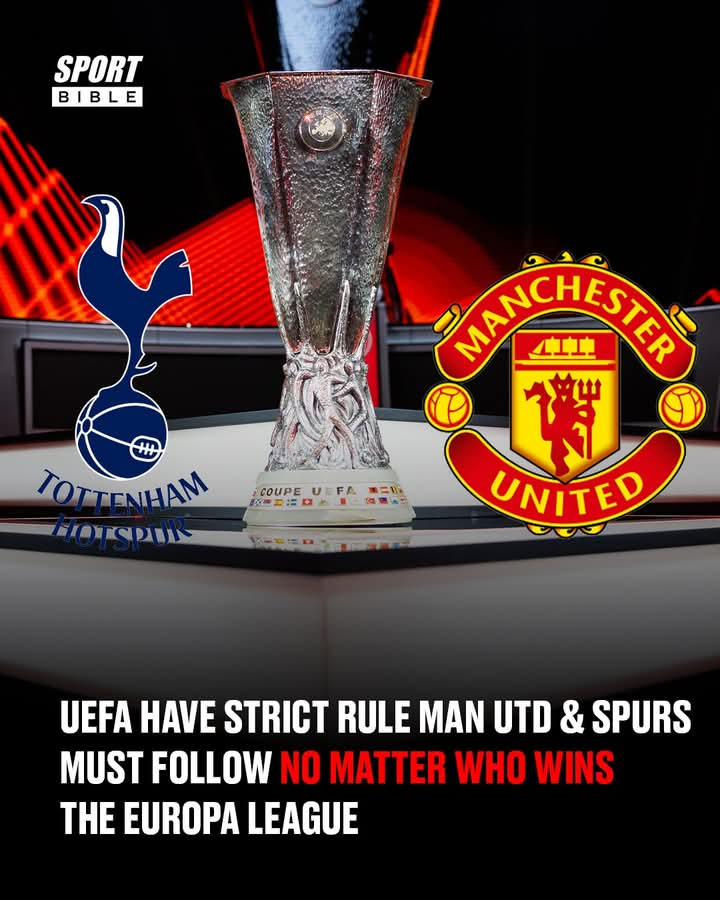
<strong>UEFA’s Unexpected Regulation Shakes Up European Ambitions</strong>
As Tottenham Hotspur and Manchester United gear up for their European showdowns, a surprising UEFA rule has thrown a twist into both clubs’ plans. Regardless of which team triumphs in the Europa League, a strict regulation is in place that could impact their European campaign next season—especially if both sides end the season outside the top four of the Premier League.
<strong>The Rule: One Club Per Ownership Group in the Same Competition</strong>
UEFA’s multi-club ownership regulation means that two teams under the same ownership group cannot compete in the same UEFA competition. This is where things get complicated: INEOS, the group with a significant investment in Manchester United, also has a stake in Nice, while Spurs have links to multiple entities across Europe through ENIC Group. If these ownership groups clash in UEFA competitions, one club may be demoted or barred from a particular tournament—regardless of domestic success.
<strong>How It Could Impact Man United and Spurs</strong>
If Manchester United were to win the Europa League, they would typically qualify for the Champions League. But if Nice (also under INEOS influence) qualifies through Ligue 1 and finishes higher in UEFA rankings, then United could be barred from the Champions League in favor of Nice.
Tottenham face a similar problem. Should they qualify for the Europa League and another ENIC-owned club qualifies too, the same ranking rule would apply, potentially forcing UEFA to favor the club with the better domestic standing.
<strong>Not Just Hypothetical—UEFA Has Acted Before</strong>
This isn’t just theoretical. UEFA has already enforced this rule in the past. In 2023, they intervened to resolve conflicts between clubs with shared owners in the Conference League and Europa League. The aim is to preserve the integrity of the competitions and avoid any potential conflicts of interest.
<strong>What Spurs and United Must Do</strong>
For both Manchester United and Tottenham, the message is clear: finish as high as possible in the Premier League to secure European qualification independently. Merely winning a cup or placing in a Europa spot isn’t enough anymore—ownership ties can interfere.
<strong>Final Word</strong>
UEFA’s firm stance on multi-club ownership marks a significant shift in how European qualifications may be handled going forward. With financial empires stretching across multiple teams, clubs like Manchester United and Tottenham Hotspur now face more than just on-pitch battles. They must also navigate the complicated web of modern football governance to secure their place on the continental stage.